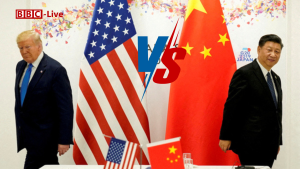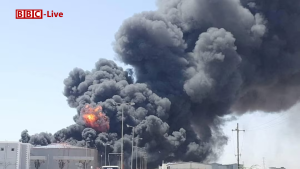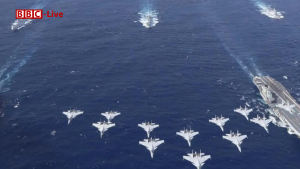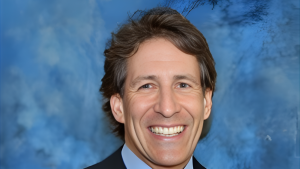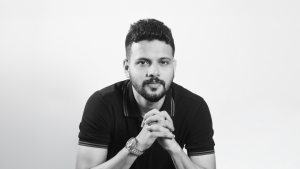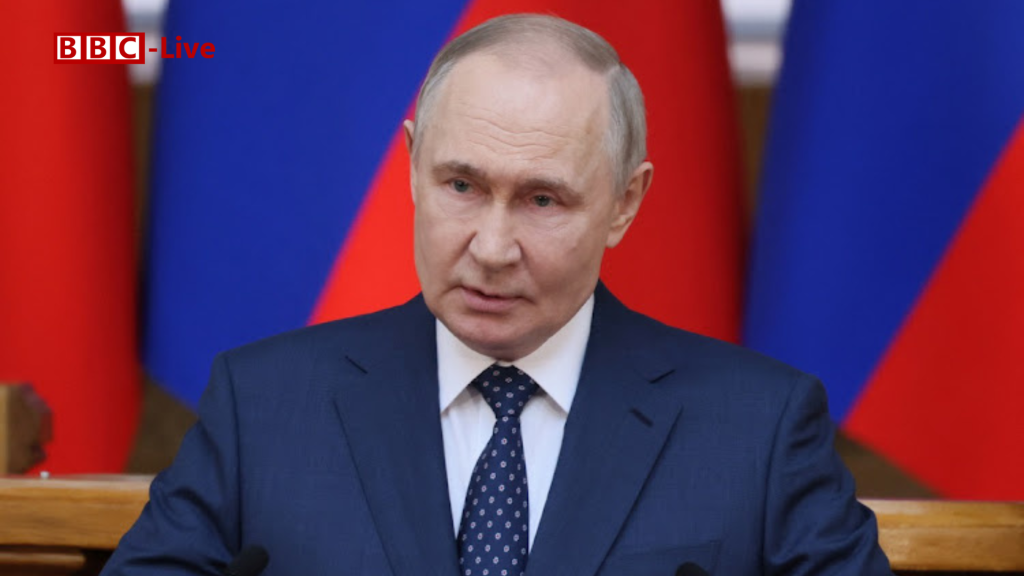
Putin Declares 72-Hour May Ceasefire in Ukraine
Putin has announced a 72-hour ceasefire in the Ukraine war to commemorate the 80th anniversary of the Soviet Union’s victory in the Second World War. The Kremlin declared that the ceasefire would start on May 8 and end on May 10, inviting Ukraine to join in suspending all hostilities during this period.
Putin’s government warned that any ceasefire violations by Ukraine would be met with an “adequate and effective” response. In reaction, Ukraine’s leadership demanded a longer, month-long ceasefire instead, with Foreign Secretary Andrii Sybiha arguing that real peace should not be delayed for ceremonies and calling for an immediate halt to hostilities.
The White House stated that Donald Trump is pushing for a “permanent ceasefire,” showing growing frustration with both Putin and Ukraine’s leaders for the slow pace of negotiations. Putin also expressed willingness to engage with international partners to address the broader causes of the conflict, though many interpreted this as code for Russia’s ongoing demands over Ukraine’s sovereignty and NATO status.
If respected, Putin’s 72-hour ceasefire would be the first complete halt in fighting since Russia’s full-scale invasion began over three years ago. However, skepticism remains high. Past ceasefires, such as the one during Easter, were reportedly violated thousands of times by Russian forces.
Analysts believe that Putin’s move is a tactical one aimed at avoiding embarrassment during Russia’s Victory Day parade, potentially disrupted by Ukrainian drone attacks. Some commentators claim it is also an attempt to appease Trump, who recently held a constructive meeting with Ukraine’s President Volodymyr Zelenskyy in Rome.
Despite the ceasefire announcement, Ukraine reported new air raid sirens across eastern and central regions shortly after, showing the fragile nature of the truce. Recent Russian attacks have killed dozens of civilians, including a devastating strike on Sumy and further drone assaults on Kyiv.
Putin’s ceasefire offer comes amid heightened US pressure and diplomatic tension. Russian Foreign Minister Sergei Lavrov reiterated Moscow’s hardline demands, including the international recognition of Russia’s control over Crimea and four occupied Ukrainian regions.
Victory Day celebrations on May 9 remain a cornerstone of Russian national pride. Putin’s calculated ceasefire appears designed not just for diplomacy but also to safeguard the symbolism of Russia’s military strength without visible disruptions.
Despite the gesture, experts warn that the prospect of a lasting peace deal remains distant as both sides brace for further conflict once the temporary truce expires.

